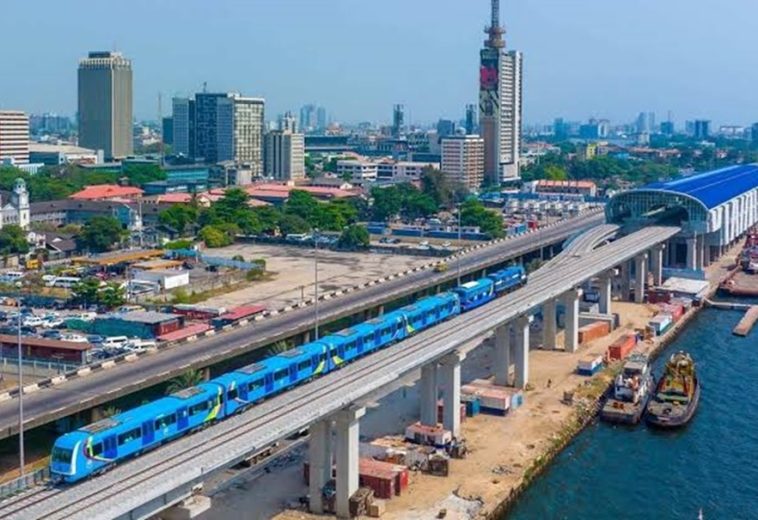Agriculture has long been the heartbeat of Africa, employing over 60% of the continent’s labour force and contributing approximately 23% to its GDP. Yet, the sector remains beleaguered by challenges such as erratic climate conditions, low productivity, post-harvest losses, and inadequate access to markets. As the demand for innovative agricultural solutions grows, artificial intelligence (AI) offers a transformative opportunity to enhance productivity and sustainability in African agriculture.
Globally, farmers used 75 million AI devices in 2020, and by 2050, the average farm is expected to collect 4.1 million data points per day. AI can particularly benefit various agricultural areas such as crop yield prediction, irrigation management, soil content sensing, crop monitoring, precision weeding, and crop establishment.
READ ALSO: AI and Machine Learning Applications in African Industries
In Africa, the urgency of adapting to climate change has increased the need for advanced technologies. Between 2001 and 2011, 50% of droughts attributed to human-induced climate change occurred on the continent. AI offers a lifeline by enhancing the precision of drought forecasting and mitigating the adverse effects of global warming on African farming communities.
The Role of AI in African Agriculture
AI in agriculture functions like a modern-day oracle, deciphering data to predict weather patterns, optimise farming techniques, and streamline supply chains. It holds the promise not just to increase productivity but also to address food security—a critical concern for Africa, where nearly 278 million people faced hunger in 2022.
AI-powered predictive analytics systems are enabling African farmers to anticipate weather changes and make informed decisions. For instance, IBM’s Watson Decision Platform has been deployed in Kenya, offering smallholder farmers weather forecasts and planting advice via SMS.
Meanwhile, AI-driven sensors and drones are transforming water management and crop monitoring. By using machine learning algorithms, these tools can identify crop health issues and recommend precision irrigation. In Rwanda, a startup called AgriGo leverages AI to monitor soil moisture and nutrient levels, ensuring that water and fertilisers are used judiciously.
Enhancing Agricultural Productivity with AI: Key Applications in Africa
In Nigeria, Zenvus, a pioneering agritech company, exemplifies the use of AI in farming. It employs smart sensors to measure soil data such as moisture, temperature, and nutrient levels. This data is then analysed using AI to guide farmers on optimal planting practices. Zenvus’ technology has helped reduce wastage and improve crop yields by over 20% in pilot regions.
Similarly, in Ghana, Farmerline integrates AI to provide farmers with market information, weather updates, and best farming practices in their local languages. Through its Mergdata platform, Farmerline has reached over 1.7 million farmers, boosting their productivity by an estimated 30%. In South Africa, Aerobotics uses AI and drone technology to offer precision farming solutions. By analysing high-resolution images of orchards, Aerobotics helps farmers detect early signs of pest infestations and diseases, leading to healthier crops and higher yields.
In Ethiopia, Hello Tractor, often called the “Uber for Tractors,” uses AI to connect smallholder farmers with tractor owners, enabling them to access affordable mechanised services. This platform has improved efficiency and productivity for thousands of farmers.
In Kenya, Twiga Foods employs AI to optimise its supply chain, connecting farmers with retailers and reducing food waste. The platform uses data-driven insights to ensure that the right produce reaches the right markets, benefitting over 17,000 farmers and vendors.
Challenges to AI Adoption in Africa
Despite its promise, AI adoption in African agriculture faces significant hurdles. Many rural areas lack the necessary internet connectivity and electricity to support AI tools. Advanced technologies like drones and AI systems are often prohibitively expensive for smallholder farmers.
Additionally, the integration of AI requires technical expertise that many farmers lack, necessitating large-scale training initiatives. Governments and private entities are working to make AI tools more accessible. In Uganda, the National Agricultural Research Organisation (NARO) collaborates with tech firms to provide AI-based crop disease diagnostics to small-scale farmers via mobile apps.
The Looming Revolution: AI’s Potential to Transform African Agriculture
The African Development Bank (AfDB) has pledged $208 million to its “Technologies for African Agricultural Transformation” (TAAT) programme. This initiative includes funding for AI solutions aimed at increasing productivity and building resilience against climate change. AI tools like Farmcrowdy in Nigeria connect farmers directly with buyers, cutting out middlemen and reducing post-harvest losses. AI-powered tools like chatbots provide farmers with 24/7 support, offering advice on pest control, fertiliser use, and market trends. Early warning systems, such as Tanzania’s collaboration with CGIAR, predict floods and droughts, saving crops and livelihoods.
AI is not just a tool; it is the linchpin of Africa’s agricultural transformation. With strategic investments, robust policies, and collaborative efforts, AI can help Africa address its food security challenges and achieve sustainable agricultural growth. While hurdles remain, the seeds of innovation have been sown, and the harvest promises to be plentiful.
Africa stands at the cusp of an agricultural revolution, one that holds the potential to feed not only its own population but also the world. The integration of AI in agriculture symbolises hope—a beacon lighting the way to a more prosperous, food-secure continent.




